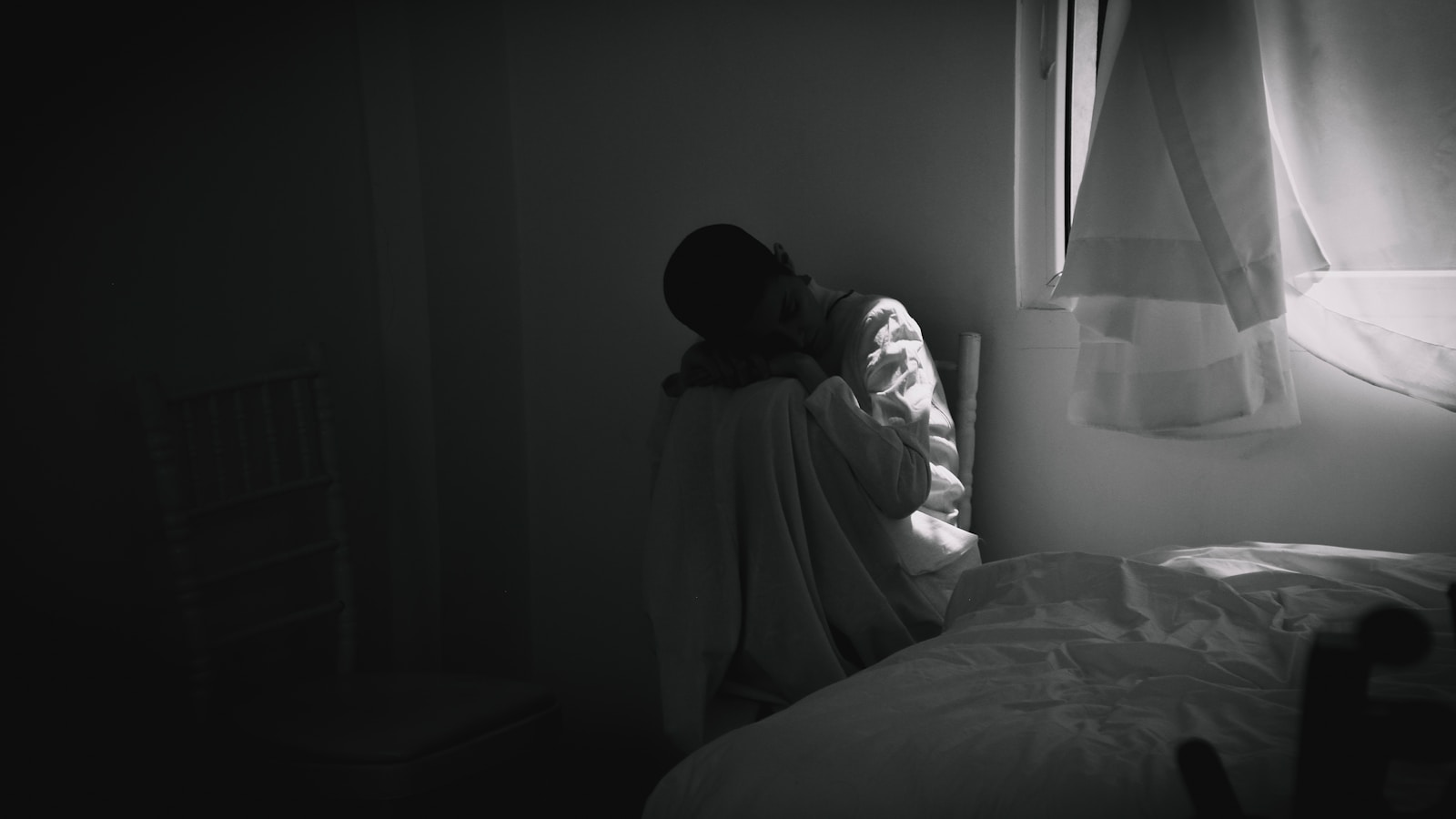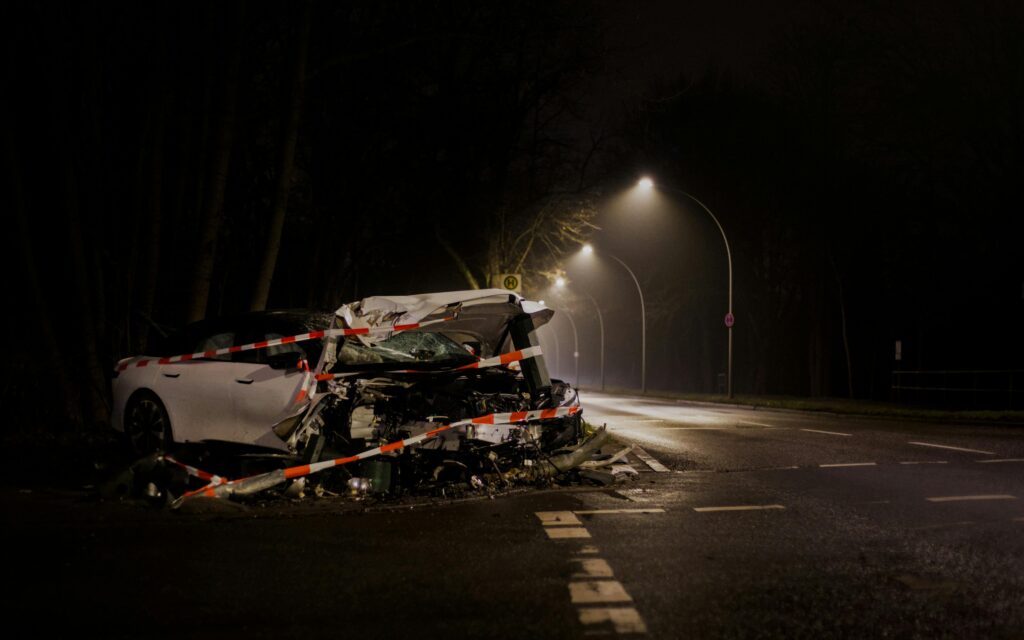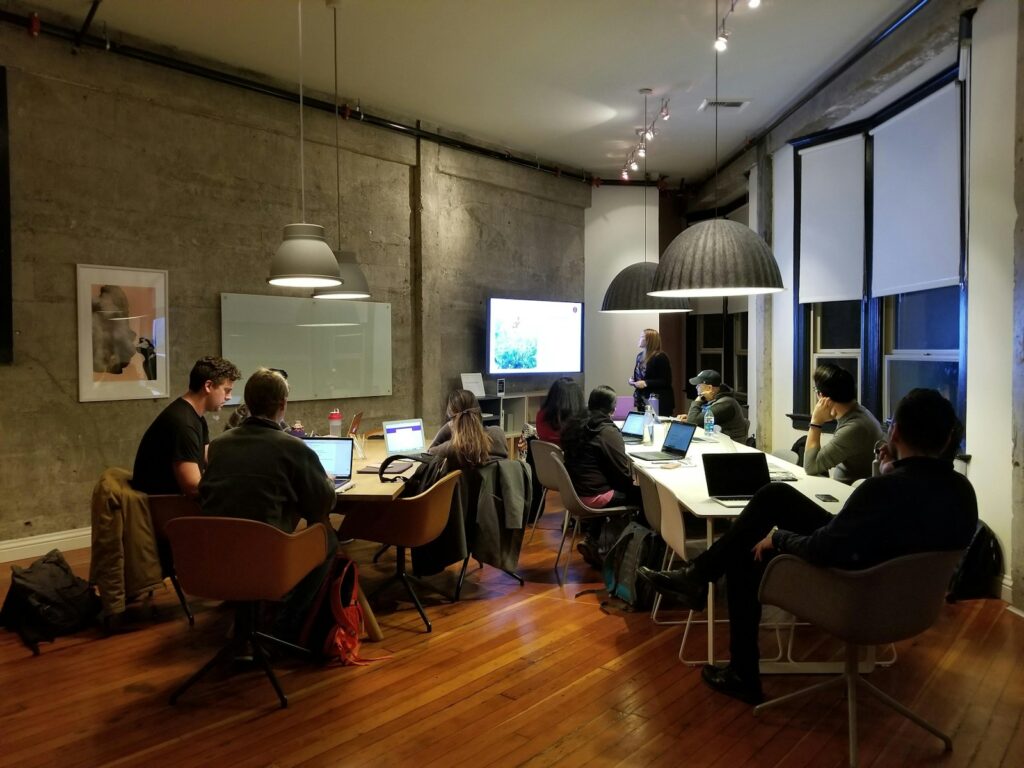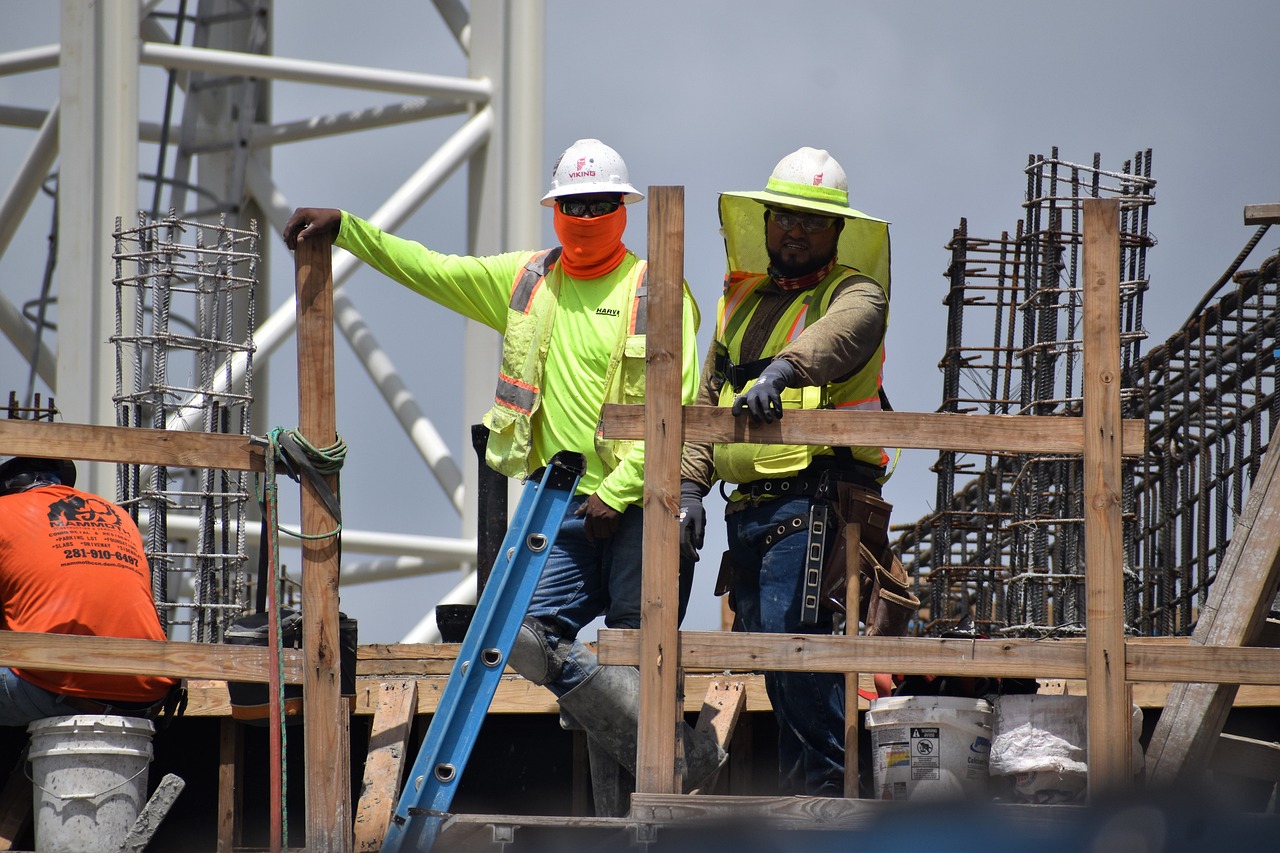Now Reading: The Loneliness of Grieving When Everyone Else Seems to Have Moved On
-
01
The Loneliness of Grieving When Everyone Else Seems to Have Moved On

The Loneliness of Grieving When Everyone Else Seems to Have Moved On
Grief is a deeply personal journey, and one of the hardest parts is realizing that the world keeps turning even when your heart feels stuck in place. Friends return to their routines, family members stop checking in as often, and the calls and messages that once poured in start to fade. In situations where your loss involves negligence or an accident, a wrongful death lawsuit attorney can provide support and guidance as you seek justice. While others seem to have “moved on,” you may still feel the same raw pain, making the grieving process even more isolating. Understanding this loneliness and learning healthy ways to cope can help you navigate this difficult chapter with more clarity and compassion for yourself.
Why Grief Feels So Isolating
When someone you love passes away, especially due to a wrongful or unexpected death, it can feel as though a part of you has been ripped away. In the early days, there is often a strong circle of support. People bring meals, send flowers, and call to check in on them. But as weeks turn into months, many assume you are “better” simply because time has passed. This assumption can deepen your sense of isolation because your pain remains, even when the support dwindles.
Society’s discomfort with grief also plays a role. People often don’t know what to say or may avoid the topic altogether, leaving you feeling even more alone. Recognizing that this is a common experience can help you understand that what you are feeling is not unusual.
The Emotional Weight of Feeling Left Behind
It is common to feel a sharp disconnect between your emotional state and the pace at which others resume everyday life. This can lead to feelings of being left behind or even resentment, which may bring guilt along with it. These complex emotions are normal and do not mean you are grieving “wrong.”
Grief does not follow a timeline. For some, healing takes months, while for others, the journey stretches over years. Comparing your progress to others’ expectations often adds unnecessary pressure. Instead, allow yourself to move through your emotions at a pace that feels right for you.
Healthy Ways to Cope with Loneliness
Finding ways to cope with loneliness during grief is essential for your emotional and physical well-being. Here are a few strategies that may help:
- Seek connection in safe spaces. Join a grief support group where you can share your feelings without judgment. Talking with others who understand your pain can ease the sense of isolation.
- Maintain regular contact. Even when it feels difficult, reach out to trusted friends or family. Let them know you still need their support.
- Create rituals of remembrance. Lighting a candle, visiting a special place, or keeping a memory journal can create moments of connection with your loved one, helping to ease the sense of disconnection.
- Prioritize self-care. Grief takes a toll on your mind and body. Regular exercise, proper nutrition, and adequate rest can help you stay resilient during this challenging period.
- Consider professional help. A therapist or counselor specializing in grief can provide tools to navigate overwhelming emotions and guide you through the healing process.
The Importance of Validation
One of the most healing aspects of coping with loneliness in grief is finding validation. Your feelings are real, and your pain is not something you should have to “get over” by anyone else’s timeline. Seeking out people or spaces where your emotions are acknowledged can make a profound difference in how you process your loss.
Whether through therapy, faith-based communities, or online forums, connecting with those who understand the depth of your loss allows you to feel seen and heard during one of the hardest experiences of your life.
When the Loss Involves Wrongful Death
When your loved one’s death was caused by negligence or wrongdoing, the grief can be even heavier. There may be anger, frustration, and unanswered questions that compound your feelings of loneliness. In such cases, seeking justice is often an important part of the healing process.
A compassionate and experienced wrongful death lawsuit attorney can help you understand your legal rights and guide you through holding the responsible parties accountable. Taking this step does not erase your grief, but it can provide a sense of closure and the support needed to move forward.
Conclusion
Grieving when everyone else seems to have moved on can feel unbearably lonely, but you are not alone in your experience. Allow yourself to move through your emotions at your own pace, seek support where you feel safe, and focus on self-care as you navigate this challenging journey. If your loss involves negligence or wrongdoing, consult a wrongful death attorney who can help you seek justice and provide clarity during this painful time.










